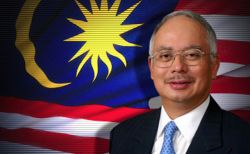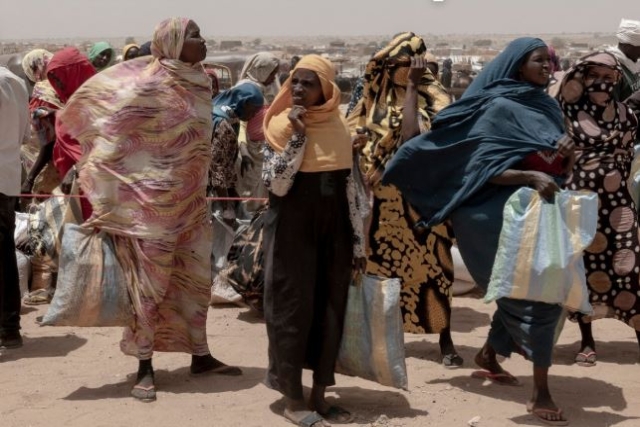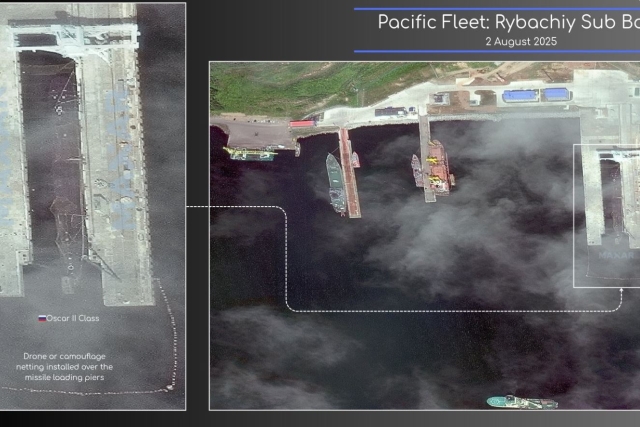Internet Control Fast Becoming the First Line of Homeland Defense

Governments around the world are looking to control the internet as the first line of defense against internal dissent and external threats to their communications and knowledge infrastructure.
State agencies often try to build a bizarre web of controls to know who is sending what message and intercept it if needed. The latest being the Thai government which plans to introduce a single internet gateway for the nation in a bid to increase the government’s ability to monitor the web and block content.
News of the proposal (dubbed as the Great Firewall of Thailand) first emerged last week when a cabinet order was unearthed by a Thai programmer and spread on social media.The cabinet statement published on a state controlled news website ordered the ministry of Information, Communications and Technology to “set up a single gateway in order to use it as a tool to control inappropriate websites and information flows from other countries via the Internet.”
This comes on the back of reports that the Thai military junta which now rules the nation have ramped up censorship, blocking scores of sites and pursuing online critics with criminal charges and so-called “attitude adjustment” sessions.
Countries such as China, Turkey, North Korea, Egypt block off large chunk of the internet citing various reasons like instigation, sedition, pornography, culture etc.
Turkey passed an internet censorship law in 2007 based on civil code-related complaints and intellectual property rights violations.
“Turkey has been a bastion of Internet censorship for so long that Electronic Frontier Foundation (EFF) could write a regular feature called This Week in Turkish Internet Censorship and never run out of content,” EFF, a group that defends civil liberties wrote in one of its reports early this year.
The Indian government in February pushed for restrictions on the internet and is also working on retention of an article (66A) of the Information Technology Act which prescribes three years in prison for "sending offensive messages" and "any information that is grossly offensive or has menacing characters."
"Considering the reach and impact of medium, leeway be given to legislature to frame rules. On internet every individual is a director, producer and broadcaster and a person can send offensive material to millions of people at a same time in nanosecond just with a click of button," Additional Solicitor General Tushar Mehta was quoted as saying by the Times of India.
The Indian government also tried imposing curbs on the internet last week in Kashmir during Eid citing security measures. “The government assumes mass protests after Eid prayers. The police force apprehend that videos sacrificing bovines might be uploaded by netizens in the wake of the recent court directive to enforce a strict ban on the sale and slaughter of bovines in the Muslim majority State,” the Hindu news daily reported September 24.
The US is planning a possible reintroduction of the CyberSecurity Information Sharing Act (CISA) this week which would empower the federal government to legally spy on US citizens, according to privacy activists, who are calling the proposed legislation a “surveillance bill in disguise.”
The letter, signed by Apple, Microsoft, Siemens, Oracle, IBM and others, argues in favor of the information-sharing bill, claiming that it is one of the five measures the US federal government could take to "protect sensitive information by enabling private actors in possession of information about vulnerability and intrusions to more easily share that information voluntarily with others under threat,” sputnik reported September 30.
Iran has been instrumental in creating a ‘Halaal Internet’ (national information network) which has been renamed as ‘Intelligent Filtering’ after it was condemned. The objective still remains the same. Iran focuses on controlling social networks and also censorship of mobile apps.
Access to the encrypted instant messaging app Telegram has been badly disrupted in Tehran and several other major Iranian cities since 29 August. Telegram said on its Twitter account that “Local network providers are limiting Telegram traffic in Iran. We are trying to find out the reasons.” Asked on Twitter by Reporters Without Borders to comment, Telegram creator Pavel Durov replied: “@telegram has not entered any agreements with any government on this planet. No plans to.”
“The second phase of Intelligent Filtering has begun with the help of a foreign company and the use of the know-how of our country’s researchers. Intelligent Filtering is officially destined to protect society from immoral harm from certain websites and social networks,” Iran’s Information and communications technology minister Mahmoud Vaezi was quoted as saying by National Council of Resistance of Iran on its website.
"Intelligent Filtering requires that the app companies more or less tacitly accept the conditions imposed by the government that wants to monitor and control the app’s users, unfortunately none of the app companies have protested against the regime," Reporters Without Borders reported in September.
South Africa is reportedly bringing a draft legislation proposed by the Film and Publication Board (FPB) to regulate online content. The regulation is set to target films and games distributed online and also to publications containing certain loosely-described forms of sex, violence and hate speech.
Egypt recently issued a ban on media coverage in a case involving state security forces that killed 12 people which included eight Mexican tourists and their Egyptian guides.The order could be part of an attempt to cover-up the findings of the investigation in the killings according to critics.
“Usually when there is such a ban on publication it has do with very tough cases where one could find evidence or embarrassing information about the involvement of some government high officials or military strongmen,” Mohamed Lotfy, the director of the Egyptian Commission for Rights and Freedoms, an independent watchdog group was quoted as saying by New York Times September 17.
All these might be from nations, but the conglomerate of countries, the United Nations also is looking to censor the entire internet in what it says, saving ‘feminists’ feelings’. In a report released last week, titled ‘Cyber Violence Against Women and Girls: A Global Wake-up Call,’ calls on governments to use their “licensing prerogative” to ensure that “telecoms and search engines” are only “allowed to connect with the public” if they “supervise content and its dissemination.”
If the ISPs and search engines do not comply with the list of UN’s censorship demands the governments can cut off their access to the public.











